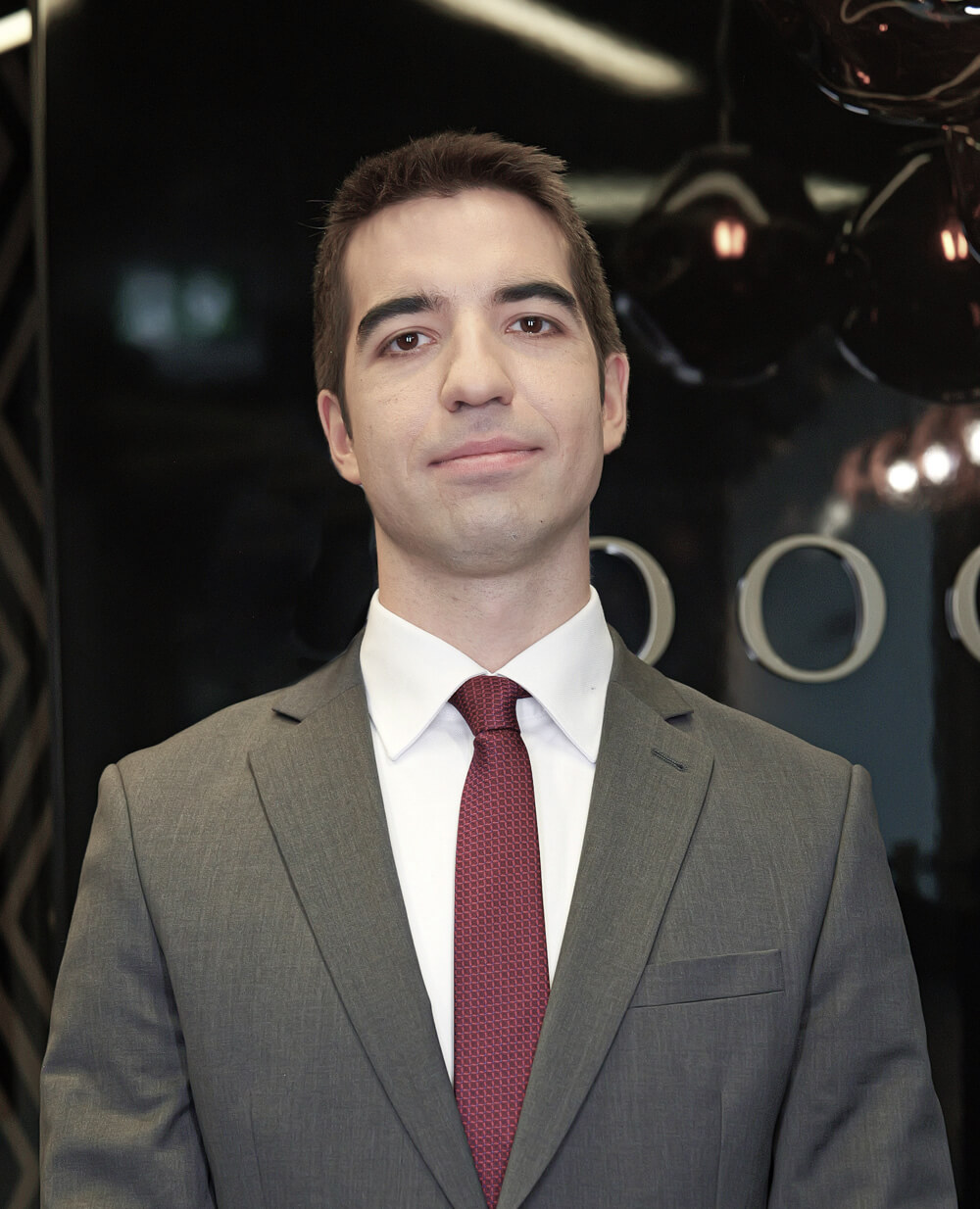/ News /
14 August 2024
Download PDF
Expert opinion in the practice of construction disputes
Good expert opinion evidence:
- Timely – the basic determinant of a good opinion is its timeliness. In the practice of construction disputes, the Courts set sufficient time for its preparation (depending on the subject of the opinion and the size of the investment, about 3-6 months). Unfortunately, experts often submit their opinions after the deadline, which obviously prolongs the proceedings. It is equally appropriate, but rare in practice, for an expert to inform in advance the parties to the dispute of the delay and the expected date of submission of the opinion. And in extreme cases, the expert’s delay can affect scheduled hearing dates;
- Reliable, comprehensive thesis of evidence, with clear and unambiguous final conclusions – the function of the opinion is to support the judge in making a decision. Clearly, this task is not fulfilled by an opinion that contains factual errors or does not fulfill its basic function, i.e. when it does not provide a clear answer to the Court’s questions;
- Structured, preferably short, accessible reading for non-specialists (the judge and the parties) – not only in the legal industry, the art is to present complex problems in the simplest possible way. It is important that the expert’s argument is clear and coherent. In the case of an expert’s report, it is additionally important that the difficulty in reception does not open the door for the parties to instrumentally (i.e. without substantive justification) challenge the opinion. The idea is for the model opinion to not require supplementary opinions, endless explanations, questioning of the expert at the court hearing, and ultimately even the omission of the submitted opinion and the appointment of the opinion of a new expert. In conclusion, it is important that the submitted opinion does not serve as a pretext for empty polemics by the opponent to prolong the proceedings.
Bad expert opinion evidence:
- Late, unreliable and inaccessible to read – above all, an opinion that is not characterized by the aforementioned features will be seen as an opinion that deviates from its requirements;
- Lack of the required activity of the expert – in the practice of the Law Firm we encountered a situation when the expert, after several months of analyzing extensive design and post-construction documentation and after missing the deadline, as indicated above – actually contacted the Court. The problem, however, was that after a considerable period of waiting for their opinion, the expert announced that he would not give an opinion on part of the assignment because the extensive file provided to him lacked a scan of one page of the document. One may ask whether the commercial procedure is reduced solely to imposing additional obligations on the participants in the proceedings? Shouldn’t – in the case described, in a business dispute – the expert take the initiative and report the lack of a document beforehand with a request for supplementary documentation?
- Biased – one of the most serious allegations that can be made against an expert cannot be passed over in silence. The Code of Civil Procedure, already in the first provision of the regulation of expert opinion, clearly states that before calling an expert, the court is obliged to hear the parties as to their choice (Article 278 of the Code of Civil Procedure). This provision is a guarantee that the parties will raise objections to experts who may violate the requirement of impartiality. It is important to determine even before appointing an expert whether there are connections between the expert and the participants. For example, such a connection could be the fact of previous cooperation with one of the parties. At the same time, however, it should not be forgotten that in specialized industries any connections are inevitable. The assessment of impartiality should then be carried out taking into account the circumstances of the specific case.
POZOSTAŁE WPISY AUTORA
Ready to go
next level?
